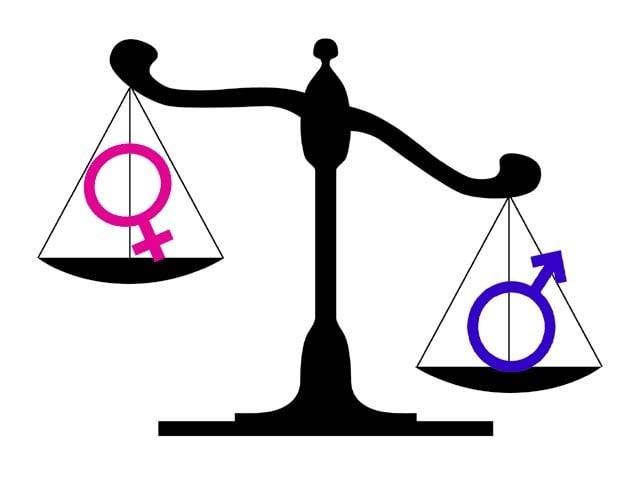Political empowerment: Innovation can break barriers to ensure women participation
Raising awareness, familiarising them with political structures may also help: speakers.

Innovation can break barriers to ensure women participation. PHOTO: FILE
To review whether barriers to political participation for women since the May elections have changed or eased, the panel discussion, “Barriers to women’s participation in politics: A review post elections 2013” invited Babar Jamal, Haider Nizamani, Irina Mosel and Uzma Zarinat as part of SDPI’s 16th Sustainable Development Conference.
The ensuing discussion focused on educating women on social and political matters, as well as the state apparatus so that political participation and representation from a voter’s level to that of a parliamentarian can be enhanced across the board for women.

Proposing viable solutions to bring about this object, Uzma Zarinat highlighted that many female voters in Pakistan are not registered, so the ECP and NADRA should work in collaboration towards this end.
She suggested that in constituencies with less than 50% of women voters registered, the election results should be voided.
On a similar note, Irina Mosel brought to light the large percentage of Afghan refugee women and female IDPs existing without a legal identity, an obvious obstacle to participation in the system.
She also delineated that women should be well-versed in the mechanisms and intricacies of the judicial system as well as alternative dispute resolution (ADR), to ensure an inclusive public space is available.

Alluding to certain instances, Babar Jamal pointed out that women parliamentarians promise to work for women rights while campaigning, but after becoming part of the system, they may find it difficult to bring these issues to light as their parties may have a diverging agenda.
Haider Nizamani highlighted the role of civil society in increasing women’s participation. “The popular thread of rhetoric regarding equal opportunities for women pitches economic empowerment through microfinance as the ultimate route to political
empowerment without realising that women face on-ground challenges and barriers in the business world as well, hence placing them at a disadvantage from the very outset.”
He also said that in order to understand such far-reaching barriers and overcome them, the wider sociopolitical and economic context should be taken into account while envisioning obstacles that may spring up at any juncture and sphere, and formulate policies and laws accordingly.
Published in The Express Tribune, December 12th, 2013.



















COMMENTS
Comments are moderated and generally will be posted if they are on-topic and not abusive.
For more information, please see our Comments FAQ